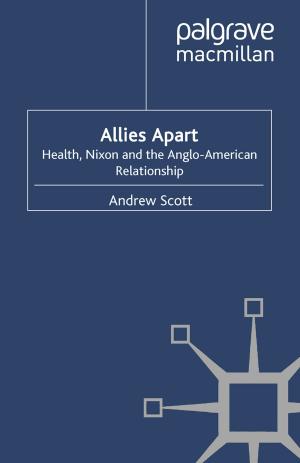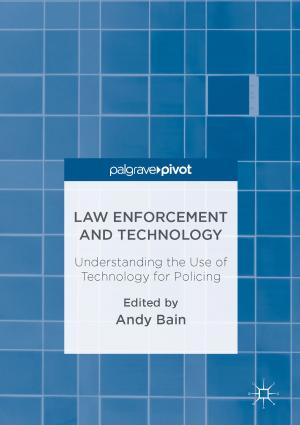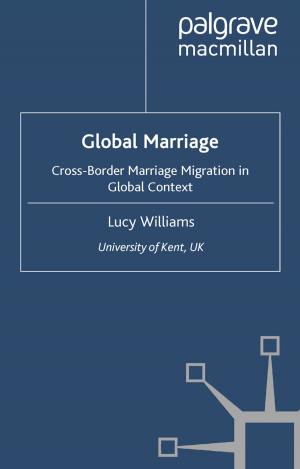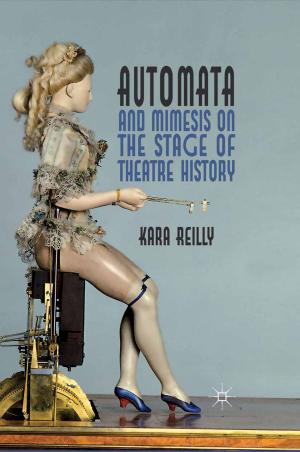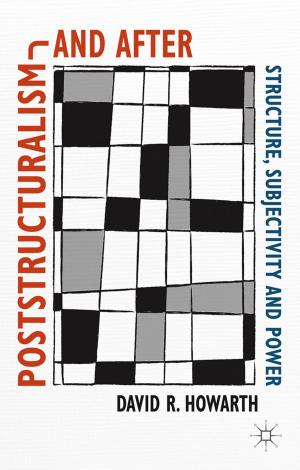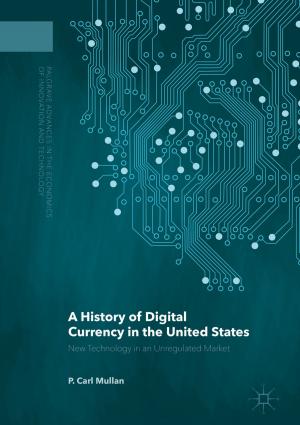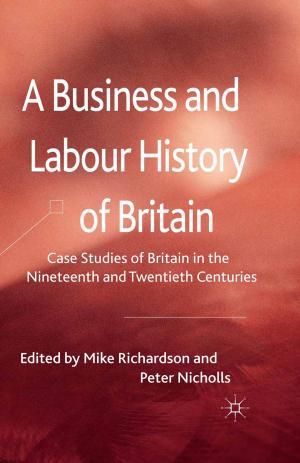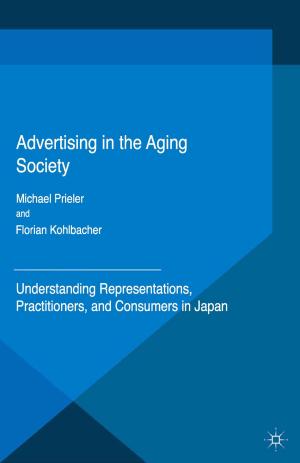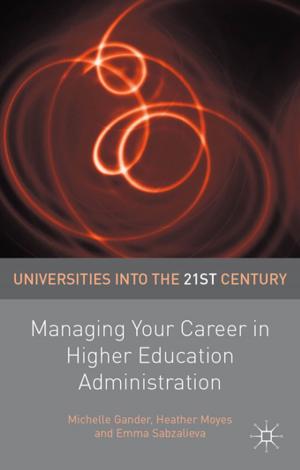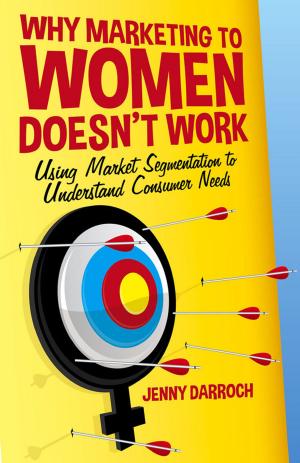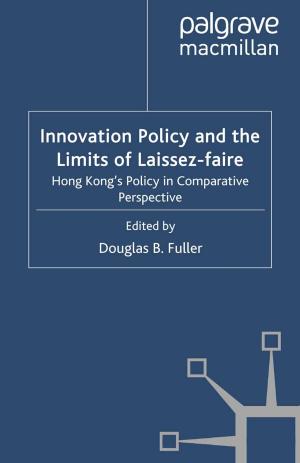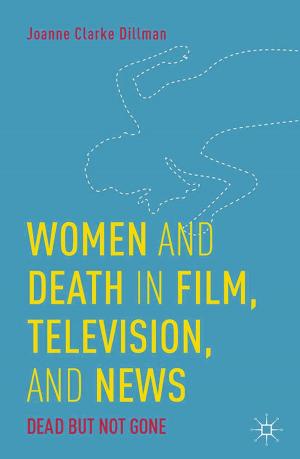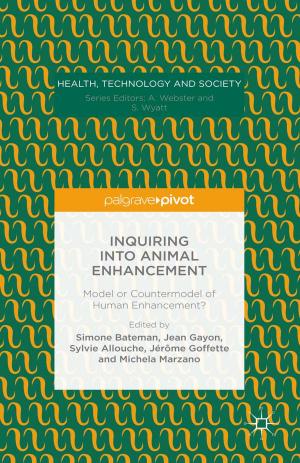| Author: | Professor Roger Smith | ISBN: | 9781137200556 |
| Publisher: | Palgrave Macmillan | Publication: | October 23, 2009 |
| Imprint: | Palgrave Macmillan | Language: | English |
| Author: | Professor Roger Smith |
| ISBN: | 9781137200556 |
| Publisher: | Palgrave Macmillan |
| Publication: | October 23, 2009 |
| Imprint: | Palgrave Macmillan |
| Language: | English |
What is a child? Is childhood a universal concept or is it disappearing in modern society?
We all have our own idea of what childhood is, but it is surprisingly difficult to pin down – and widely debated among politicians, professionals, academics, and even parents and children themselves.
This important book questions and analyses what it is to be a child, focusing on the theory and evidence. Part I identifies aspects of childhood that provide an analytical framework for the book's subsequent discussion. Part II considers 'childhood in context' – examining both historical and contemporary evidence from around the world. Part III draws together these discussions to assess the question of whether, and to what extent, childhood is a fixed or fluid phenomenon. Throughout, the author:
■ Draws on evidence from an array of cultures, contexts and forms of social organization.
■ Explores the complementary value of psychological, biological and sociological theories.
■ Considers anthropological, geographical and environmental influences on children's lives.
■ Seeks to understand the impact of policy and law on how children are treated and perceived.
A Universal Child? makes you think about your own childhood, the world in which today's children live and the variety of experiences which can be defined as a childhood. It provides a clear base for further analysis and debate for all those interested in what it means to be a child, making it invaluable reading for students of Childhood Studies and those studying related social science courses
What is a child? Is childhood a universal concept or is it disappearing in modern society?
We all have our own idea of what childhood is, but it is surprisingly difficult to pin down – and widely debated among politicians, professionals, academics, and even parents and children themselves.
This important book questions and analyses what it is to be a child, focusing on the theory and evidence. Part I identifies aspects of childhood that provide an analytical framework for the book's subsequent discussion. Part II considers 'childhood in context' – examining both historical and contemporary evidence from around the world. Part III draws together these discussions to assess the question of whether, and to what extent, childhood is a fixed or fluid phenomenon. Throughout, the author:
■ Draws on evidence from an array of cultures, contexts and forms of social organization.
■ Explores the complementary value of psychological, biological and sociological theories.
■ Considers anthropological, geographical and environmental influences on children's lives.
■ Seeks to understand the impact of policy and law on how children are treated and perceived.
A Universal Child? makes you think about your own childhood, the world in which today's children live and the variety of experiences which can be defined as a childhood. It provides a clear base for further analysis and debate for all those interested in what it means to be a child, making it invaluable reading for students of Childhood Studies and those studying related social science courses

